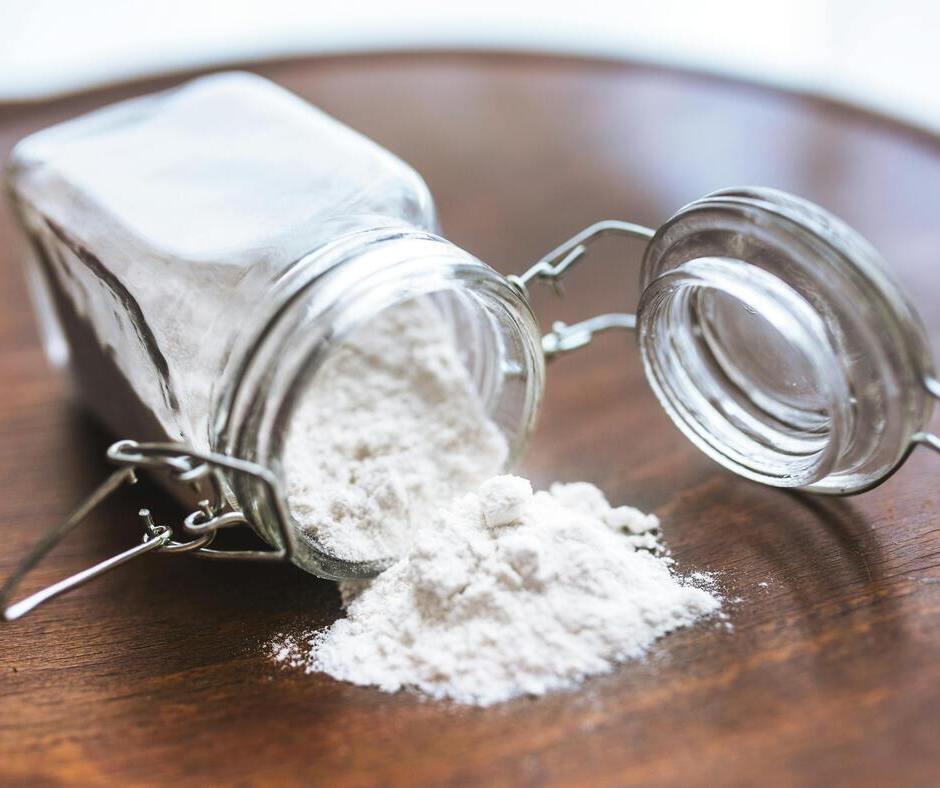
8 superfoods to prepare for winter
With winter approaching, our bodies need to be well-prepared to face the cold, strengthen the immune system, and maintain good energy levels during the shorter days.
Here are some key superfoods to help you stay healthy this season.
Reading time: 4 minutes
1) Ginger
Ginger is well-known for its anti-inflammatory and antioxidant properties, ideal for boosting the immune system and fighting common winter colds. Additionally, it aids digestion and improves circulation, which is important in cold climates to help maintain body temperature.
Add grated ginger to your teas, and smoothies, or try adding some powdered ginger to your soups or stews!
2) Turmeric
Turmeric contains curcumin, a powerful antioxidant that reduces inflammation and supports the immune system. This spice not only helps prevent respiratory illnesses common in winter, but it also promotes joint health, which is key in this season as cold weather can increase muscle stiffness.
Prepare “golden milk” by warming plant-based milk with a teaspoon of turmeric, cinnamon, and a bit of honey for a comforting effect.
3) Garlic
Garlic is a natural antibiotic and is excellent for preventing and fighting respiratory infections. It contains allicin, a compound that helps eliminate bacteria and viruses, as well as reduces inflammation and strengthens the immune system.
Use fresh garlic in your dishes, as a dressing in salads or in soups and stews to naturally boost your immune system. You can also add a supplement like My Natural Antiseptic (formerly Garlic) to your daily routine.
My Natural Antiseptic can effectively prevent cardiovascular disorders and other diseases. It also helps prevent and reduce artery hardening and acts as a natural diuretic, aiding in the elimination of fluids and toxins.
Additionally, it helps treat stomach and intestinal inflammation, making it a perfect ally for digestion.
4) Spinach and kale
These leafy greens are rich in vitamin C, iron, and antioxidants, essential nutrients to keep the immune system strong. They also contain fiber, which helps keep the body balanced, supports digestion, and provides a feeling of fullness.
Add spinach and kale to your salads, smoothies, or stir-fries. You can try a green smoothie with kale, spinach, banana, and a touch of lemon!
5) Berries (such as blueberries and raspberries)
Berries are high in antioxidants, vitamin C, and fiber. These nutrients not only help strengthen your defenses but also combat free radicals that can increase in winter due to cold and temperature changes.
Enjoy berries with yogurt, oatmeal, or smoothies for breakfast. You can also consume them as homemade, sugar-free jams for a sweet and healthy touch.
6) Honey
Honey is another perfect winter ally, as it has antibacterial and antioxidant properties. It is ideal for soothing a sore throat, fighting infections, and providing a sweet touch without the impact of refined sugars.
Sweeten your teas, herbal teas, or desserts with a tablespoon of honey, especially when you have cold symptoms or a sore throat.
7) Chia and flax seeds
Both seeds are rich sources of omega-3 fatty acids, which have anti-inflammatory properties and benefit heart health. During winter, consuming these seeds helps keep your skin hydrated and protects your joints from the wear and tear caused by cold weather.
Add chia or flax seeds to your smoothies, and yogurts, or as a topping for your salads and soups.
8) Oranges and kiwis
These fruits are rich sources of vitamin C, essential for strengthening the immune system and protecting the body against infections. Vitamin C also helps maintain healthy, hydrated skin, which is beneficial during the winter.
Enjoy these fruits as juice or as a snack between meals to keep your energy and health balanced.
To ensure optimal vitamin C intake every day, we recommend trying My C Supply.
Incorporating these superfoods into your diet is an excellent way to prepare for winter, strengthen your immune system, and maintain a healthy energy level.
Take care of your health with natural foods, and remember that, along with a good diet, adequate rest and hydration are also essential to face the cold season with wellness.


